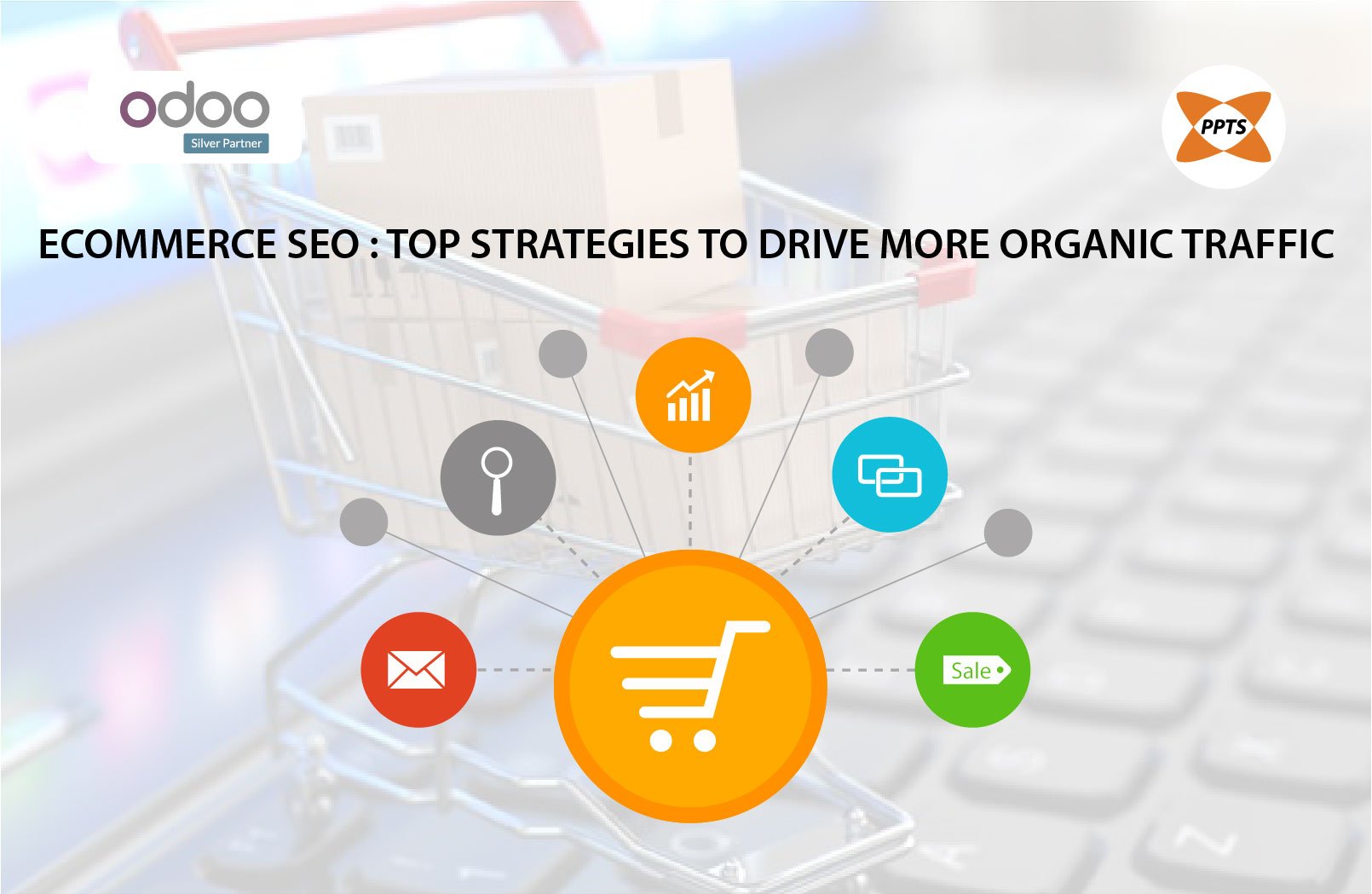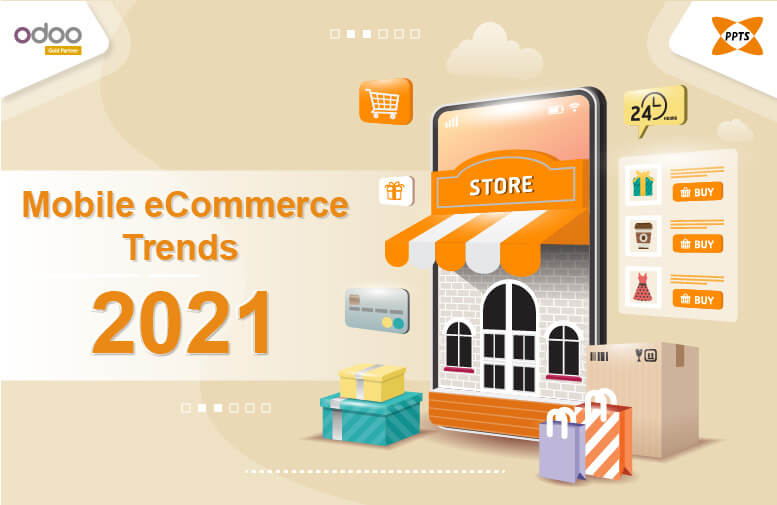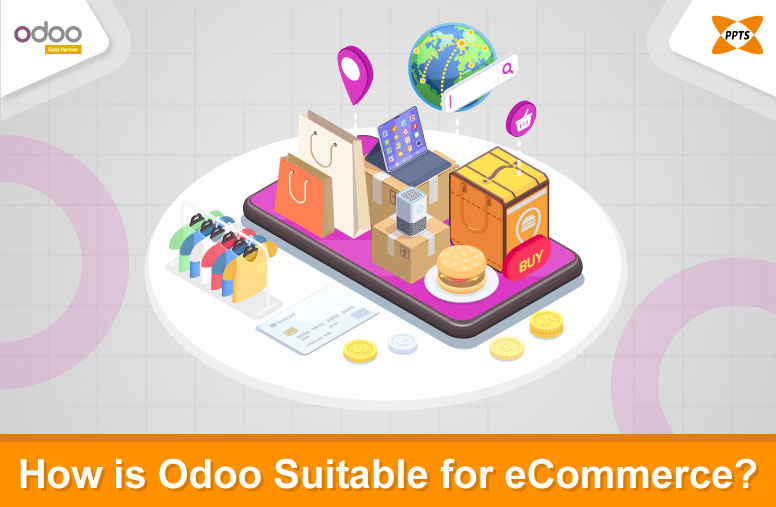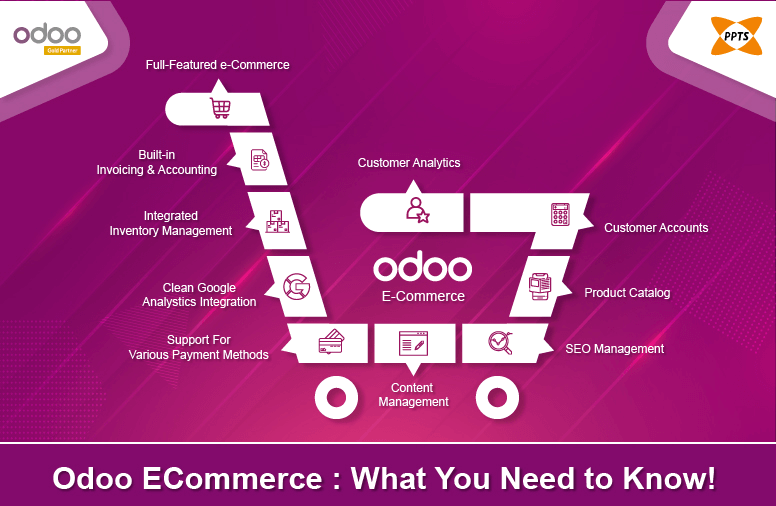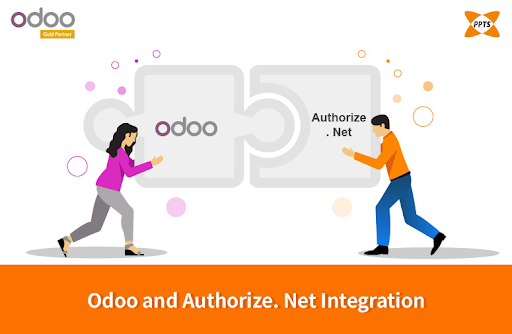In this digitized era, every single product we use in our daily life – from a toothbrush to the laptop – can be purchased through an online eCommerce store. Thus the eCommerce technologies have boomed in recent years and also will be maintaining its pace of trend in the upcoming years.
At present, there are a huge number of eCommerce stores present worldwide. And the number has been continuously increasing day-to-day. In order to compete in the current online market, optimizing the eCommerce store is the first and foremost important strategy to work with.
So the common question that pops our mind when it comes to optimizing the eCommerce store is,
‘How online stores can drive organic traffic?’
Every online store owner wants their web store to be displayed at the top when it comes to the SE search list. The following are the top 7 eCommerce SEO strategies that have to be implemented to optimize your eCommerce store in order to drive organic traffic.
Keyword Optimization
Right keyword selections bring more prominent and accurate customers to your eCommerce store.
The first and foremost step to optimize your eCommerce website is to choose the right keywords which you are about to incorporate on the home page, products page, and other important pages. Keywords are the basic elements that get scrutinized by the search engines when it comes to optimization.
The following are the mandatory points to recognize when it comes to keyword selection.
-
Customer-centric keywords
Select user intent keywords based on the customer’s mind-set.
-
Business-related
Using more business-centric keywords, it is easy to organize and expose your business via search engines.
-
Product related
Specified keywords based on related products play a vital role in ranking the products displayed in your web store.
-
Based on competitor analysis
Analyse your competitor’s keywords based on their business and products which helps you in determining what and all keywords are ranked top in eCommerce SEO 2019.
-
LSI keywords (Latent Semantic Index)
Always go with LSI keywords commonly referred to as long term keywords.
-
Research Tools
By means of utilizing the keyword research tools, the top keywords of eCommerce SEO 2019 can be easily identified based on the current market analytics.
On-Page Optimization
The second most important strategy in the eCommerce SEO checklist is ‘On-page optimization’.
Starting from the usage of keywords to the eCommerce web store site architecture, it comes under on-page optimization. It is the basic step towards building an online presence through search engine optimization.
The following are the significances to be considered for on-page SEO.
-
Meta tags
Meta tags include Meta Title, Meta Description, and Meta Keywords which are the most important content crawled and displayed in the search engines.
-
Heading tags
Heading tags include titles inscribed between h1 to h6 which can be used to describe product categories, name, division, etc.
-
Alt tags
Alternate tags are the texts for images that will be displayed in case if it isn’t loaded by the SE.
-
Content optimization
Content used in the webpages such as home page content, product descriptions, etc., should be non-plagiarized and keywords enriched.
-
Breadcrumbs
Breadcrumbs not only help your customers as an internal navigation guide for your web store but also, it is one of the most essential eCommerce SEO strategies.
-
Interlinking
Interlinking is a part of link building which not only helps in connecting your web store with external sites but also it helps the search engine with the idea of the structure of your web store.
-
Schema data
Schema data, also known as Schema markup is a structured data through which we can guide the search engines on what all information about the web store to be displayed in the search results. The most common Schema markup formats are JSON-LD, Microdata, and RDFa.
-
Site map
A site map is one of the mandatory eCommerce SEO strategies which mutually helps both users and search engine in navigation.
- Keyword research
Keywords indulged in the entire web store plays a pivotal role when it comes to on-page optimization. Keyword researches based on the available products, business, and other essential factors should be processed at regular intervals based on the trend.
-
Canonical tag
The canonical tag avoids the duplication of content available on multiple URLs.
-
Robot.txt
To be more precise, Robot.txt helps in managing the access provided to the users while surfing through the website. For example, certain functionalities will not be provided to the users whereas it will be accessed by the administrators. It is processed by means of Robot.txt.
Mobile optimization
Smartphones have become the major platform for users to surf the internet. Optimizing your eCommerce web store according to modern smartphones is very much important. Verifying the mobile response of your site and customizing the content for better user experience in their mobile versions comes under mobile optimization.
Website improvements
As we are continuously advancing with the latest technologies and news, it is mandatory to make website improvements based on the trend. Also, the website improvements means advancement and improvement in the content that is defined and also with the UI effects.
Blogs
A blog webpage on an eCommerce website? Isn’t it necessary?
Blog page helps in the continuous addition of keywords by means of uploading blog posts. By means of these blog posts, not only the products on your website get enlisted in the top search lists but also, it helps your customers to know more about the products and its happenings.
Link building
Link building is one of the important strategies in the eCommerce SEO checklist through which the website ranking can be tremendously decreased. It relates the content on your website to the relevant searches in SE. There are two types of links namely; Inbound links and Outbound links. Link building process by means of linking your website to other external websites is named as Outbound links whereas linking the external websites to your website is named as Inbound links.
Google shopping
Google is the top search engine used by common people all around the globe. When you search for your desired products in Google, the related images of the product will be displayed in the initial slide of the page. In order to gain this power, all you have to do is enlist your products and website in Google shopping which ensures to display your product in front of millions of shoppers. Also, by using Google shopping platform, geo-location-based customers and branding can be easily promoted.

